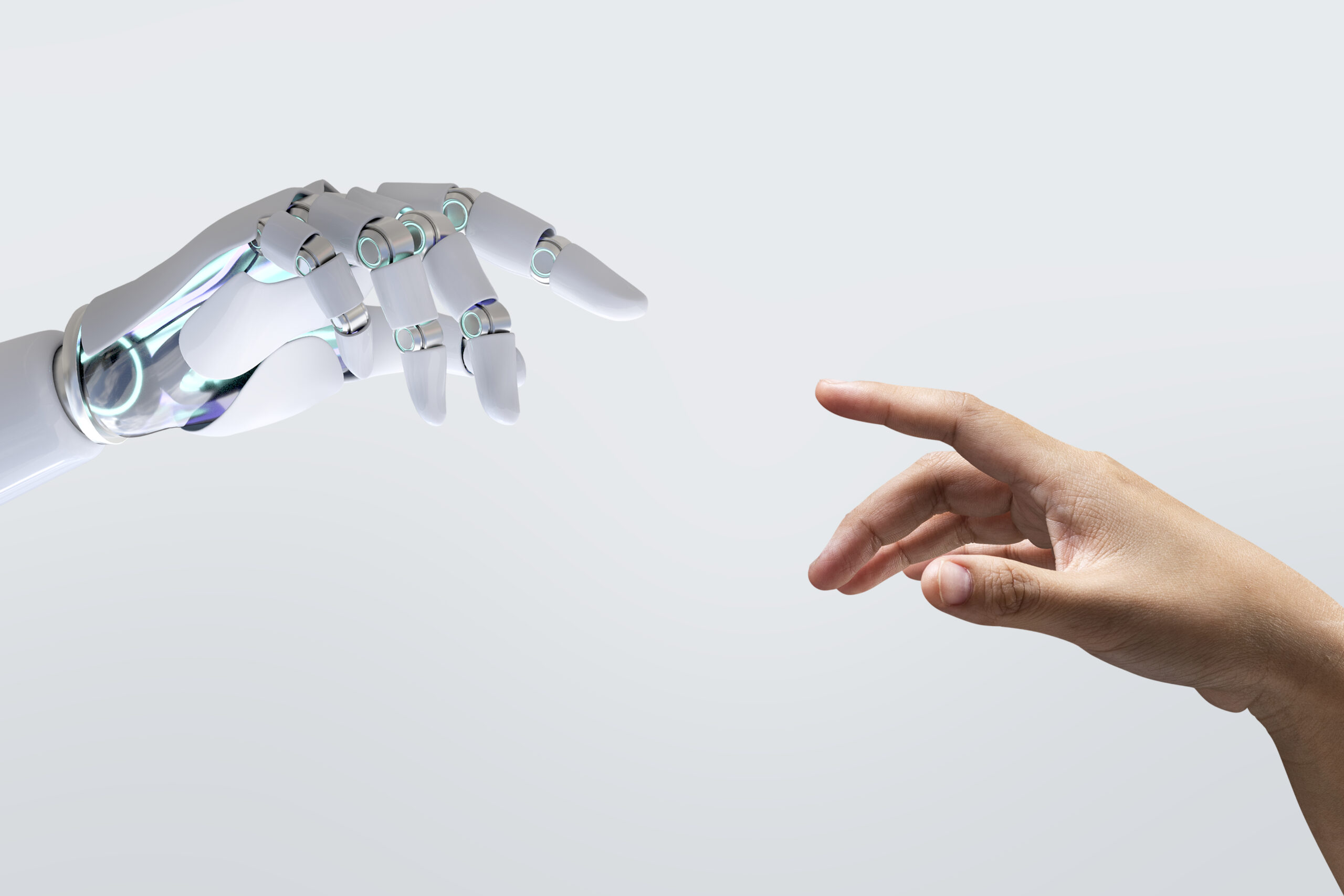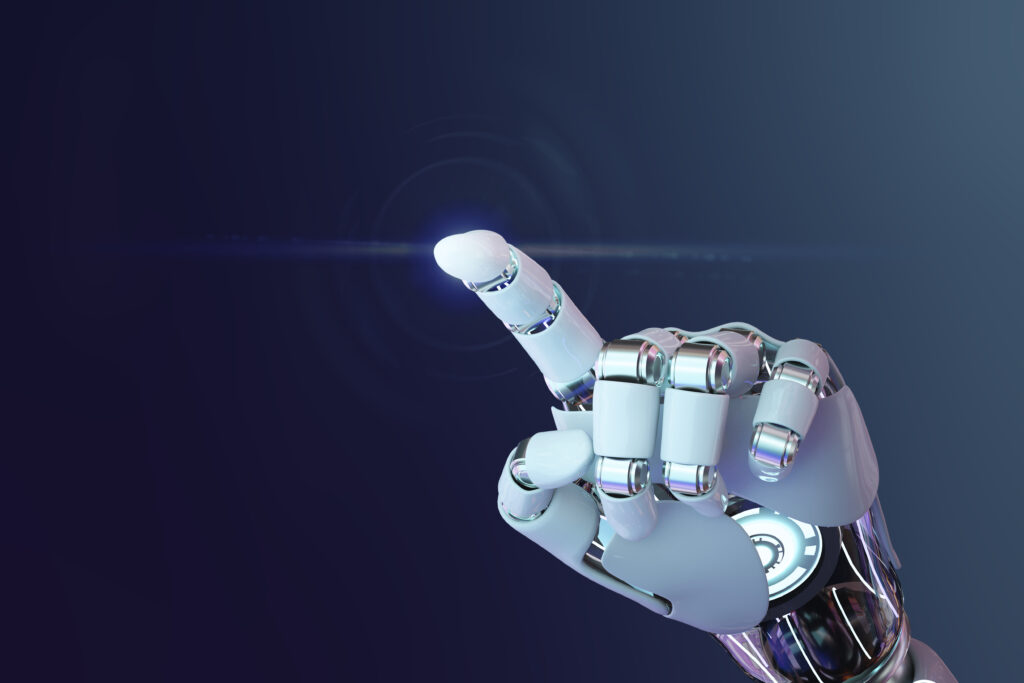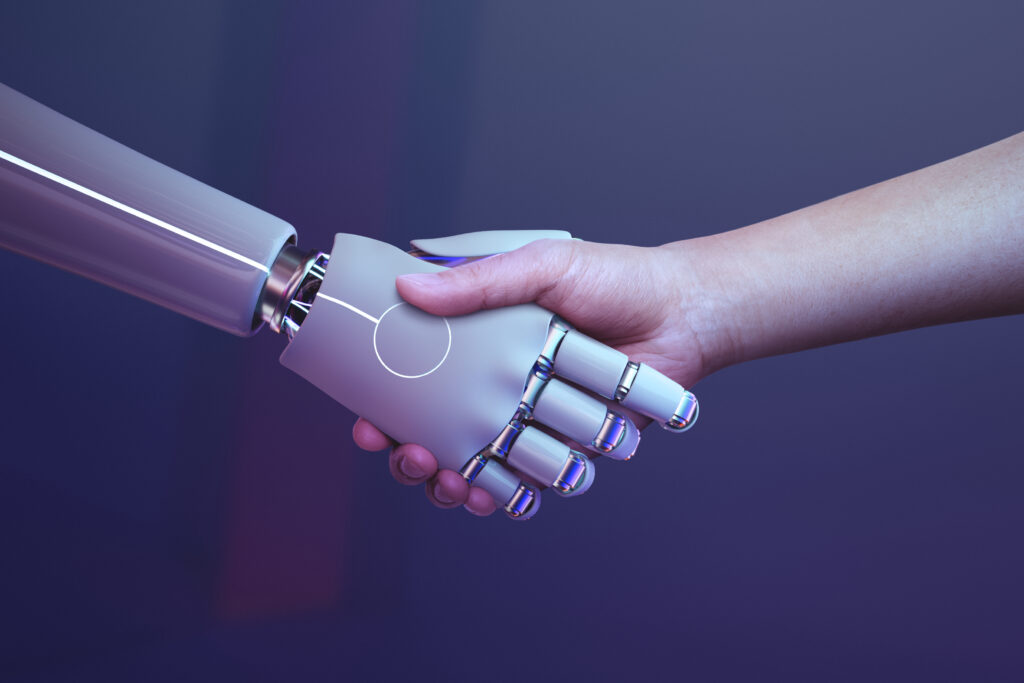Medical education has always been a challenging field for both educators and students due to the vast amount of information, ever-evolving technologies, and the complex processes of patient care. Among the technologies developed to overcome these challenges, artificial intelligence (AI) has garnered significant attention, especially in recent years. AI has the potential to revolutionize medical education, in addition to improving processes such as diagnosis, treatment, and patient management in the healthcare field. In this article, we will explore the use of AI in medical education in-depth and detail the smart solutions it offers for students.
Artificial Intelligence and Medical Education
Artificial intelligence refers to computer systems that mimic human intelligence and perform cognitive functions such as learning, problem-solving, and decision-making. In the field of medicine, AI plays a critical role in enhancing the quality of education and healthcare services through technologies such as big data analytics, machine learning (ML), and natural language processing (NLP). Medical education is a challenging process that integrates complex clinical knowledge and applications, and AI applications offer various benefits to both students and educators.
Personalized Learning Platforms
AI-powered learning platforms provide personalized content based on students’ individual learning styles and needs. Machine learning algorithms analyze students’ learning speeds, strengths, and weaknesses, allowing educational programs to be customized. This ensures that medical students access information in the most efficient way, accelerating their learning process. Through personalized education platforms, students can focus on subjects they struggle with and be directed to more advanced content in areas where they excel.
Simulations and Virtual Reality (VR)
One of the most critical aspects of medical education is enhancing clinical experience. AI-powered simulations and virtual reality applications allow students to experience real patient scenarios. Particularly in surgical fields, virtual simulations enable students to practice surgical techniques. Thanks to AI, these simulations assess students’ performance, analyze mistakes, and provide feedback. This is an extremely effective way to improve the clinical competencies of medical students.

Big Data Analysis and Clinical Decision Support Systems
During medical education, students are exposed to a large amount of information. Correctly analyzing and applying this information is critical for effective education. AI-supported big data analytics can teach students which information is more critical when making clinical decisions. Clinical decision support systems offer tools that teach students how to analyze patient data and evaluate the best treatment options. This helps students develop both their theoretical and practical knowledge while strengthening their data-driven decision-making skills.
Natural Language Processing (NLP) and Medical Information Management
Medical education requires analyzing a vast amount of medical literature and constantly updating oneself with current information. AI-supported NLP technologies allow students to quickly understand and summarize medical articles, reports, and clinical guidelines. This ensures students access the latest information quickly and efficiently. NLP can also be used in processes such as analyzing patient files and conducting clinical research. For instance, AI-powered systems can assist medical students in examining patients’ medical histories and providing treatment recommendations based on this data.
Adaptive Testing Systems
Traditional tests used to measure and improve medical students’ knowledge are usually fixed in structure. However, AI-based adaptive testing systems can dynamically adjust the difficulty level of questions by analyzing the student’s performance. These systems identify students’ weaknesses and offer personalized study recommendations, providing a more effective learning experience. Such adaptive systems encourage students to continuously improve, motivating them to perform at their best.
Smart Solutions for Students
AI offers many smart solutions not only for medical educators but also for medical students. These solutions accelerate students’ learning processes, improve their clinical skills, and make information more accessible.

Personalized Learning Experience
AI-based educational platforms analyze students’ learning paths and offer them the most suitable content. Thus, each student receives education according to their own learning speed and preferred method. Particularly for medical students, dedicating more time to specific subjects or progressing faster in others is made possible with AI. This allows students to experience a learning journey tailored to their knowledge level.
Automatic Feedback and Performance Analysis
AI-supported simulations analyze medical students’ clinical practices and provide automatic feedback. These systems identify students’ mistakes and strengths and offer instant feedback. For instance, mistakes made during a surgical simulation can be analyzed by AI and a detailed report can be provided to the student. These reports show the student which areas they need to focus on and which skills they have improved.
Time Management and Learning Strategies
Medical education includes an intense curriculum, and students often face time management issues when accessing information. AI-supported learning platforms enable students to use their time more efficiently. For example, a student can learn which topics they should prioritize or which study materials they should work on first. These smart solutions help students develop more effective learning strategies.
AI-Powered Clinical Training Applications
Traditional medical education requires students to combine classroom theoretical knowledge with clinical practice. However, one of the biggest challenges in this process is providing students with sufficient patient cases. AI-supported clinical training applications offer virtual patient cases, helping students solve these cases. These applications use real patient data to improve students’ clinical skills.

Research and Data Analysis with AI
Medical students can use AI-based tools to conduct their research more efficiently. For example, big data analytics and AI algorithms help uncover important findings in clinical research quickly. Moreover, AI-supported data analysis tools allow students to optimize their research and achieve better results.
The Future of AI in Medical Education
The role of AI in medical education is expected to expand even further in the future. More customization of AI systems used in education will improve students’ learning processes. Additionally, issues such as the ethical aspects of AI and the confidentiality of patient data will become more significant topics of discussion. The widespread use of AI in medical education will not only strengthen the clinical skills and decision-making processes of medical professionals but also make the education process more effective and efficient.
Conclusion
The use of artificial intelligence in medical education is an innovative solution that accelerates students’ learning processes, enhances their clinical skills, and facilitates access to information. From personalized learning experiences to adaptive testing systems, from AI-powered simulations to data analysis, the wide range of smart solutions offered by AI is shaping the future of medical education. The rapidly advancing capabilities of AI will continue to play a critical role in improving medical education and student success in the future.

